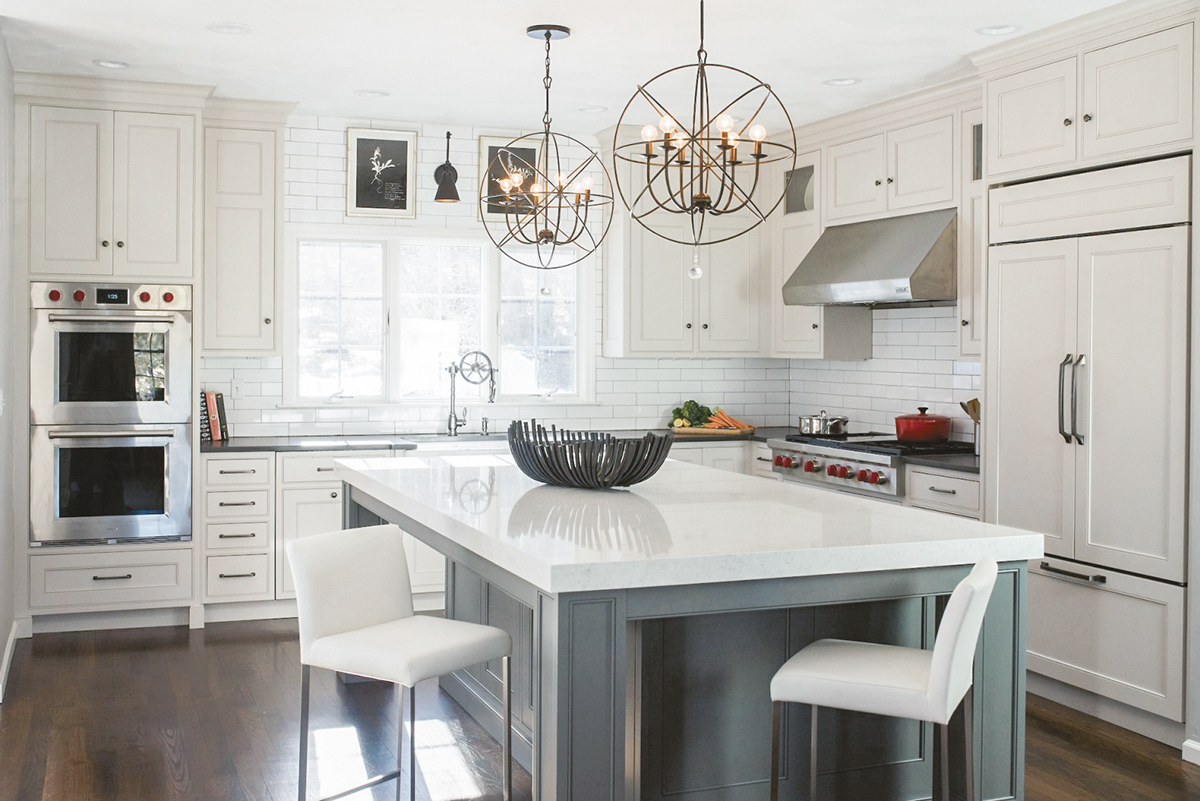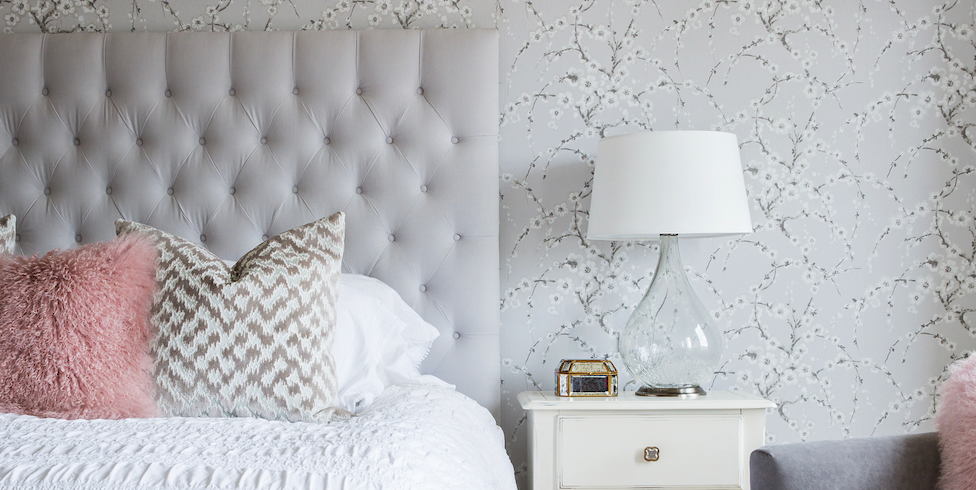When asked for a portrait of their ‘typical client,’ New England-based designers paint a diverse picture. “Affluent professionals in higher-end neighborhoods and homes north of Boston through southern New Hampshire and Maine” are Danvers, MA-based Heartwood Kitchens’ bread and butter, according to owner and managing member Mike Serafino. “Family oriented with multiple children, our clients are frugal and demanding, but fair, and understand the value of things while still caring a great deal about style.”
In the experience of Tanya Donahue, owner and president of Warwick, RI-based RIKB Design Build, typical New England clients are defined by what they want out of the design experience rather than their lifestyles. These clients, according to Donahue, “are those who are looking for great design, advice, service and a team who can execute the whole project; everything from design/layout (in 3D), product and material selections, project management and construction. In other words, one company they can rely on from start to finish without surprises.”

This kitchen by Heartwood Kitchens showcases the clean, classic lines favored by New Englanders. Photo: Jen Bilodeau
Karen Swanson, owner and designer at New England Design Works, which is located in Manchester-by-the-Sea, MA, notes that her clients fall at two extremes of homeownership, “typically either moving into their ‘forever’ home as a young family or are a newly empty nest couple renovating said home after raising a family.” She adds, “Generally, the type of projects I do not work on are fast flips – my clients and I typically invest a lot of thought and energy on creating a space that works uniquely for them and where the aesthetics go beyond ‘neutral,’ such as you might see in a flip project.”
Function before all
All three of these industry professionals agree that the main driving force behind design styles in New England is function, especially in light of pandemic work-from-home needs.
“Over the past two years, we have seen a need for repurposing some of the space to suit a work/school-from-home lifestyle,” says Donahue. “This might be an area within the open space that can be temporarily closed off for a conference call or an at-home learning day. Barn doors are a fabulous option to achieve this and add a wonderful design element to the space. Our clients want the kitchen, living and eating areas to flow as one cohesive space. Kitchens continue to be the hub of the home to live, work and play.”
Serafino readily agrees. “Safety, efficiency, functionality and beauty are the driving principles, in that order,” he says. “It’s fun to create a beautiful space, but never at the expense of a safe, efficient kitchen that addresses everything the client wants. Baths are much the same.”

Tanya Donahue of RIKB Design Build refers to the prevailing kitchen style in New England as “timeless farmhouse by the sea.” Photo: Matthew Stott, Mattari Studio
Swanson notes a particular need common to many of her clients – they “often are asking for a place to put things, whether a new mud room to enter into, a walk-in pantry or a place to hide countertop appliances.”
Clean and fresh
According to Serafino, New England is not necessarily a region where radical design trend shifts are common. “We don’t change that much that quickly here in the Northeast,” he says. “We live in a traditional to transitional zone where the white/near-white kitchen still dominates, with few contemporary designs. People here are practical and concerned with things like value and resale concepts first that will sometimes prevent them from doing what they really want, but we work to get them to stretch.”
That’s not to say that wants and needs aren’t evolving at all. He adds, “Still, we’re feeling the younger generations, older millennials, embracing more change and bringing new ideas that run contemporary but also have a pull to the kitchens of the ’80s they grew up in.”
Donahue’s experience of client tastes has been similar – she has even coined a term for it: “Timeless farmhouse by the sea.” She also notes, “We’re continuing to see the popularity of white shaker cabinets used on exterior walls and seeing contrasting island cabinet colors such as grays, blues and natural wood tones. The main driving design style we see in kitchens is transitional with professional appliances, mixed materials and accent colors.”
Swanson endeavors to create a feeling of ease and cleanliness in her designs. “For instance, I install appliances in a discreet way and opt for windows to a beautiful view versus blanketing the room in cabinetry and appliances. Obviously, those items are needed, but I think a space feels more livable when the storage and appliances tuck away and natural light, as well as architectural elements of the home, are allowed to shine.” ▪


